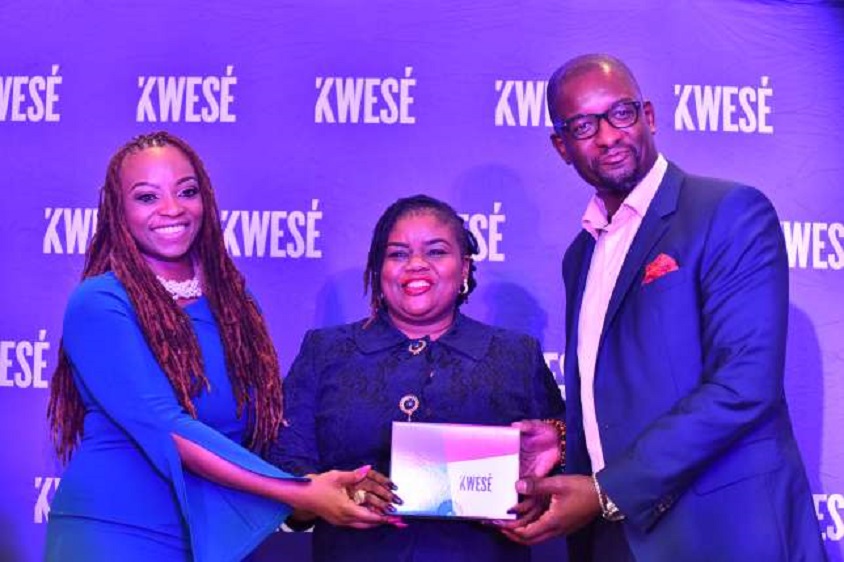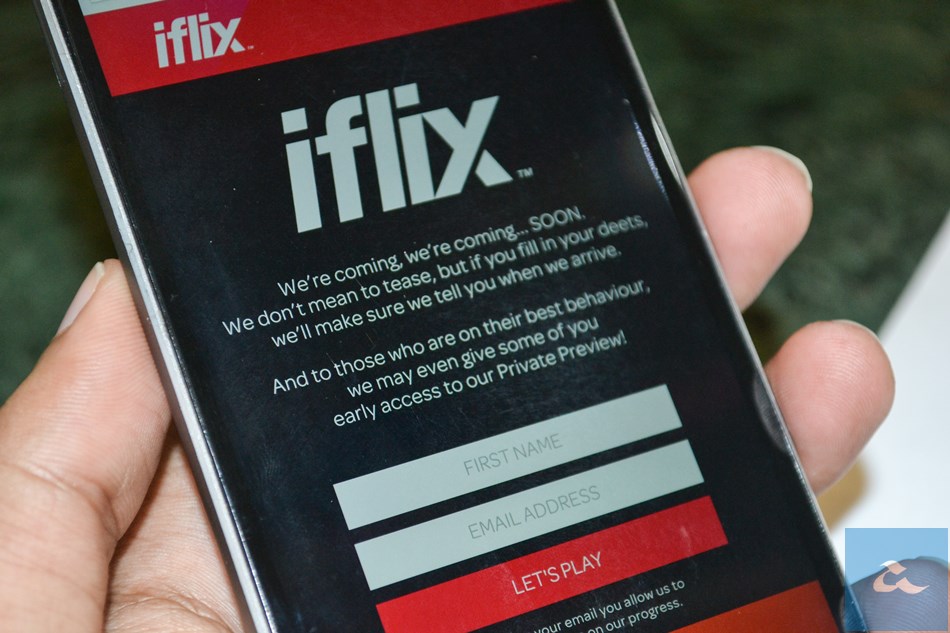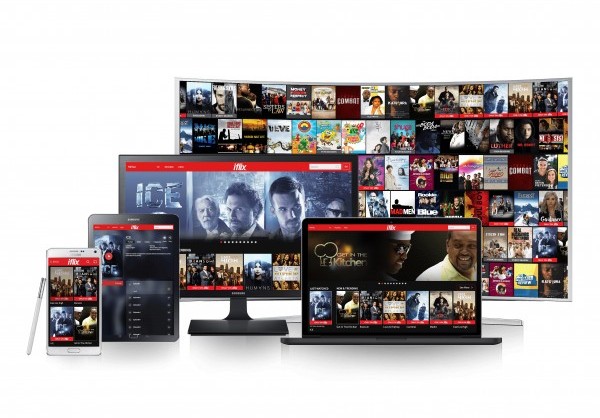Technology
iflix Plans to Launch in Nigeria, Ghana, Others
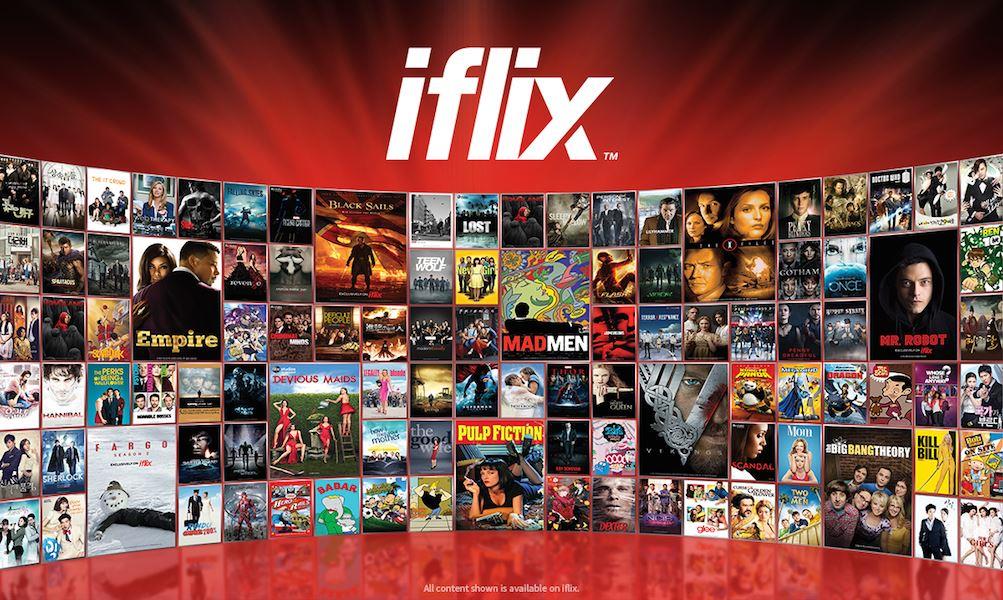
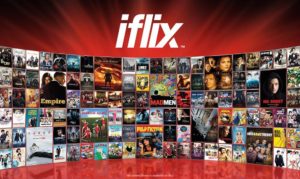
By Modupe Gbadeyanka
World’s leading Subscription Video on Demand (SVoD) service for emerging markets, iflix, has announced its intention to continue its rapid global expansion into its third region, less than two months after launching in MENA.
iflix Africa plans to make its world-class service available to over 500 million consumers across the African continent with launches planned in Nigeria, Ghana Kenya, Tanzania and Zimbabwe.
This will increase iflix’s global footprint to 23 territories worldwide, with additional regional markets to be added over the coming months.
It was gathered that iflix Africa will be headquartered in Cape Town, South Africa and trade commercially as ‘iflix’.
The commercial launch of iflix’s SVoD service across SSA is planned over the second and third quarter of 2017, and will make iflix’s vast range of thousands of TV shows, movies and more, including many first run exclusives and award winning programs available to hundreds of millions of consumers across the region.
In addition to having the best of Hollywood, Bollywood, Nollywood and other regional and local programming, the service will additionally offer an extensive collection of highly acclaimed African shows and movies with iflix Africa planning to introduce exclusive African content series.
Having first launched its service in May 2015, iflix quickly established its dominance in the Asian region, rolling out its world class service to 18 markets across Asia and MENA in less than two years, acquiring over 5 million members over the period. iflix Africa will capitalize on SSA’s large youth population, rapidly growing internet and smartphone penetration, and huge appetite for digital content and entertainment.
In March 2017, iflix announced the completion of over $90 million round of funding to support its international expansion. The round added new investors Liberty Global Group and Zain Group to the company’s formidable shareholder registry which also includes global heavyweights Sky plc, Catcha Group and Evolution Media.
Mark Britt, iflix Co-founder and CEO said: “The establishment of iflix Africa represents an incredibly exciting step in iflix’s growth story. As Africa transitions from the margins to the mainstream of the global economy, there is a unique, ‘once in a generation’ opportunity to fundamentally shift the way a billion people consumes and enjoys content. By 2020, Africa will have 720 million smartphone users. We aim to meet the entertainment needs of those growingly connected viewers.”
“As the fastest-growing mobile market on earth, Africa is without question one of the world’s most dynamic regions. We are thrilled to introduce our first-of-its-kind SVoD service here. We are passionately focused on providing the broadest selection of premium content at a price everyone can afford. We can’t wait to tackle both the enormous opportunities and challenges ahead, in serving this incredibly diverse and exciting region,” added Andre de Wet, iflix Head of Africa.
Currently available to over one billion consumers in 18 markets across Asia and MENA, iflix will soon roll-out its world class service across sub-Saharan Africa with initial launches in Nigeria, Ghana, Kenya, Tanzania and Zimbabwe. Each subscription will allow users to access the service on up to five devices, including phones, laptops, tablets, and television sets, for viewing wherever, whenever.
Technology
Capillary Technologies Acquires SessionM from Mastercard

By Modupe Gbadeyanka
A software product company established in 2012, Capillary Technologies India Limited, has acquired the customer engagement and loyalty company, SessionM, from Mastercard.
This followed a definitive agreement signed by the global leader in AI-powered customer loyalty and engagement solutions with the renowned digital payments firm.
The acquisition of SessionM is the latest in a series of strategic moves by Capillary, following its successful listing on the Indian Stock Exchange in November 2025.
With SessionM in its portfolio, Capillary reinforces its position as a global leader in enterprise loyalty, offering a leading platform to the world’s most sophisticated enterprise brands.
Mastercard has identified Capillary Technologies—consistently recognised as a Leader in The Forrester Wave as the ideal partner to lead SessionM into its next era of growth.
As part of the agreement, a specialised team within SessionM will transition to Capillary, ensuring that the platform’s deep technical expertise is preserved.
SessionM’s esteemed global customer base—which includes Fortune 500 retailers, airlines, and CPG brands—will continue to receive the same high-calibre support and service they experienced before the acquisition.
“M&A has been a key growth strategy for Capillary over the years, and as a public company, we are delivering on that promise to our shareholders and the market.
“By bringing SessionM into our portfolio, we are not just expanding our footprint across the globe; we are further strengthening our loyalty capabilities to deliver one of the industry’s most comprehensive offerings.
“Our mission remains to provide enterprises across industries with specialised, AI-native loyalty technology solutions,” the chief executive of Capillary Technologies, Aneesh Reddy, commented.
Technology
Emergent Ventures, Others Invest $2.2m in Potpie

By Dipo Olowookere
About $2.2 million pre-seed round to help engineering teams unify context across their entire stack and make AI agents genuinely useful in complex software environments has been announced by Potpie.
Potpie was established by Aditi Kothari and Dhiren Mathur, who were determined to unify context across the entire engineering stack and enabling spec driven development.
As generative AI adoption accelerates, most tools focus on surface-level code generation while ignoring the deeper problem of context.
Large language models are powerful, but without access to system-level understanding, tooling history, and architectural intent, they struggle in real production environments.
Traditional approaches rely on senior engineers to manually hold this context together, a model that breaks down at scale and fails when AI agents are introduced.
The platform enables teams to automate high-impact and non-trivial use cases across the software development lifecycle, like debugging cross-service failures, maintaining and writing end-to-end tests, blast radius detection and system design.
It is designed for enterprise companies with large and complex codebases, starting at around one million lines of code and scaling to hundreds of millions.
Rather than acting as another coding assistant, Potpie builds a graphical representation of software systems, infers behaviour and patterns across modules, and creates structured artefacts that allow agents to operate consistently and safely.
A statement made available to Business Post on Monday revealed that the funding support came from Emergent Ventures, All In Capital, DeVC and Point One Capital.
The capital will be used to support early enterprise deployments, expand the engineering team, and continue building Potpie’s core context and agent infrastructure, it was disclosed.
“As AI makes code generation easier, the real challenge shifts to reasoning across massive, interconnected systems. Potpie is our answer to that shift, an ontology-first layer that helps enterprises truly understand and manage their software,” Kothari was quoted as saying in the disclosure.
A Managing Partner at Emergent Ventures, Anupam Rastogi, said, “In large enterprises, the real challenge is not generating code, it is understanding the system deeply enough to change it safely.
“Potpie’s ontology-first architecture, combined with rigorous context curation and spec-driven development, creates a structured model of the entire engineering ecosystem. This allows AI agents to reason across services, dependencies, tickets, and production signals with the clarity of a senior engineer. That is what makes Potpie uniquely capable of solving complex RCA, impact analysis, and high-risk feature work even in codebases exceeding 50 million lines.”
Technology
Expert Reveals Top Cyber Threats Organisations Will Encounter in 2026

By Adedapo Adesanya
Organisations in 2026 face a cybersecurity landscape markedly different from previous years, driven by rapid artificial intelligence adoption, entrenched remote work models, and increasingly interconnected digital systems, with experts warning that these shifts have expanded attack surfaces faster than many security teams can effectively monitor.
According to the World Economic Forum’s Global Cybersecurity Outlook 2026, AI-related vulnerabilities now rank among the most urgent concerns, with 87 per cent of cybersecurity professionals worldwide highlighting them as a top risk.
In a note shared with Business Post, Mr Danny Mitchell, Cybersecurity Writer at Heimdal, said artificial intelligence presents a “category shift” in cyber risk.
“Attackers are manipulating the logic systems that increasingly run critical business processes,” he explained, noting that AI models controlling loan decisions or infrastructure have become high-value targets. Machine learning systems can be poisoned with corrupted training data or manipulated through adversarial inputs, often without immediate detection.
Mr Mitchell also warned that AI-powered phishing and fraud are growing more sophisticated. Deepfake technology and advanced language models now produce convincing emails, voice calls and videos that evade traditional detection.
“The sophistication of modern phishing means organisations can no longer rely solely on employee awareness training,” he said, urging multi-channel verification for sensitive transactions.
Supply chain vulnerabilities remain another major threat. Modern software ecosystems rely on numerous vendors and open-source components, each representing a potential entry point.
“Most organisations lack complete visibility into their software supply chain,” Mr Mitchell said, adding that attackers frequently exploit trusted vendors or update mechanisms to bypass perimeter defences.
Meanwhile, unpatched software vulnerabilities continue to expose organisations to risk, as attackers use automated tools to scan for weaknesses within hours of public disclosure. Legacy systems and critical infrastructure are especially difficult to secure.
Ransomware operations have also evolved, with criminals spending weeks inside networks before launching attacks.
“Modern ransomware operations function like businesses,” Mitchell observed, employing double extortion tactics to maximise pressure on victims.
Mr Mitchell concluded that the common thread across 2026 threats is complexity, noting that organisations need to abandon the idea that they can defend against everything equally, as this approach spreads resources too thin and leaves critical assets exposed.
“You cannot protect what you don’t know exists,” he said, urging organisations to prioritise visibility, map dependencies, and focus resources on the most critical assets.
-

 Feature/OPED6 years ago
Feature/OPED6 years agoDavos was Different this year
-
Travel/Tourism10 years ago
Lagos Seals Western Lodge Hotel In Ikorodu
-

 Showbiz3 years ago
Showbiz3 years agoEstranged Lover Releases Videos of Empress Njamah Bathing
-

 Banking8 years ago
Banking8 years agoSort Codes of GTBank Branches in Nigeria
-

 Economy3 years ago
Economy3 years agoSubsidy Removal: CNG at N130 Per Litre Cheaper Than Petrol—IPMAN
-

 Banking3 years ago
Banking3 years agoSort Codes of UBA Branches in Nigeria
-

 Banking3 years ago
Banking3 years agoFirst Bank Announces Planned Downtime
-

 Sports3 years ago
Sports3 years agoHighest Paid Nigerian Footballer – How Much Do Nigerian Footballers Earn


